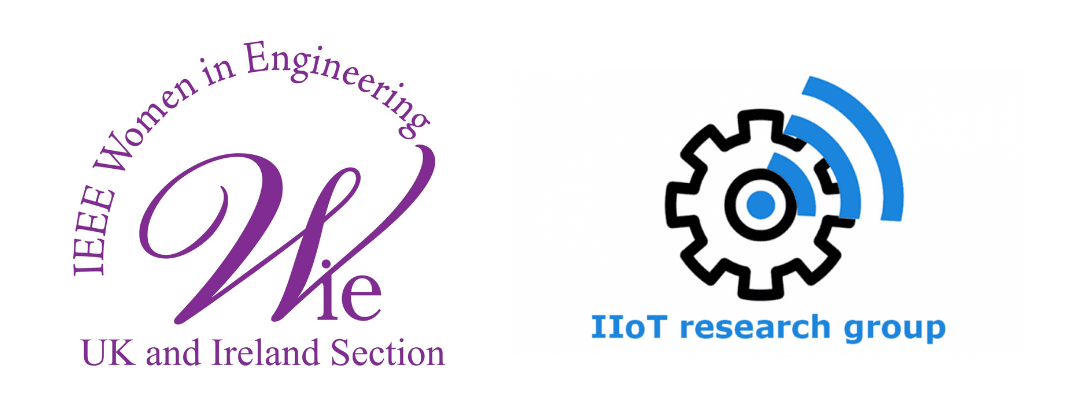Future IIoT Networks for Agriculture
The future of agriculture depends on the integration of advanced Industrial Internet of Things (IIoT) networks that enable real-time data acquisition, intelligent analytics, and adaptive decision-making. This talk will explore emerging IIoT architectures for sustainable agriculture, with a focus on high-speed, low-power sensor networks and resilient communication systems. It will highlight opportunities for scalable deployment, emphasising interoperable platforms that empower farmers, industrial processors and policymakers to optimise resource use, enhance productivity, and accelerate agritech innovation.


